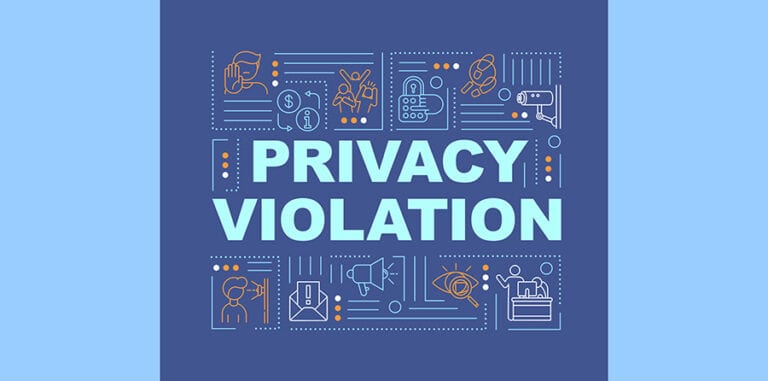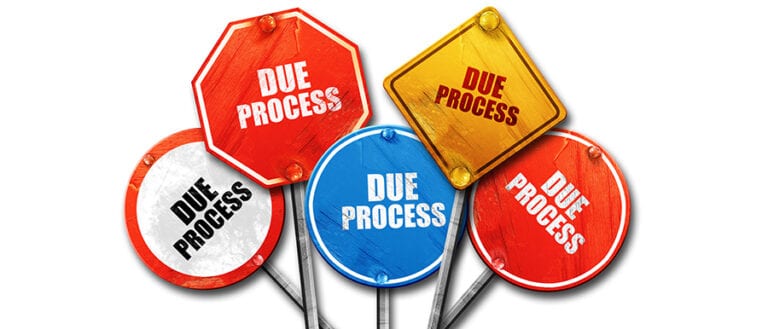
Special Education Action is a 501(c)3 nonprofit publisher covering special education.
Its mission is to ensure parents, educators, and students have the information and tools necessary to fully understand, address, and safeguard the unique needs of all students who require special education.
Recent Articles
§300.323(c)
One goal of this series is to identify usage trends. Each article will be dedicated to one regulation. The articles will be routinely updated to include when, where, how, and who most recently cited the regulations.
Fairfax County Public Schools, Sands Anderson, and Blankingship & Keith Breach Privacy During Due Process
Fairfax County Public Schools (FCPS) and two law firms with which it works—Sands Anderson and Blankingship & Keith—failed to secure personally identifiable information on seven occasions in just a four-month period, between June and October of 2020.
During this period, four due process complaints were filed on behalf of four children. Their parents requested that their children’s full records be provided. They didn’t request unredacted information about other children (or adults). However, that’s what they received.
Due Process Diaries: Hearing Officer Confirmation, Pre-Hearing Scheduling, Granting Control to LEA Lawyers
The hearing officer’s confirmation letter and her notice of pre-hearing letter fall on the benign side, with a few exceptions:
Metadata lists them as being associated with the U.S. Army.
They included incorrect information related to the parents.
They granted the LEA’s lawyer control of the conference platform.
Prepare for Due Process by Tapping into the Training Provided to Hearing Officers
Can a hearing officer force a family to meet in person, rather than virtually, even though the family and/or witnesses fall into the category of at-risk?
Can their training help parents prepare for due process?
These are just a few of the questions running through my mind when I submitted a Freedom of Information Act (FOIA) request to the Virginia Department of Education (VDOE) for “all of the training materials that VDOE provides to hearing officers, as well anything else related to their training.”
Due Process Timeline
Per §300.500, each state education agency (SEA) “must ensure that each public agency establishes, maintains, and implements procedural safeguards that meet the requirements of §§300.500 through 300.536”, which includes the due process timeline.
The timeline isn’t stated in one place, so the dates have been pulled from various sections, to provide a one-page rundown of deadlines that follow receipt of a due process complaint.
Why did HO Morgan Brooke-Devlin Work Out of the Office of Blankingship & Keith During a Due Process Hearing?
Does the Following Smell Neutral?
Virginia Hearing Officer Morgan Brooke-Devlin worked in a Blankingship & Keith office during a due process hearing for which she was assigned to be the hearing officer.
In addition to its lawyers being bcc’d on e-mails from teachers to students, Blankingship & Keith lawyers, among other things, represent school divisions during due process hearings.





